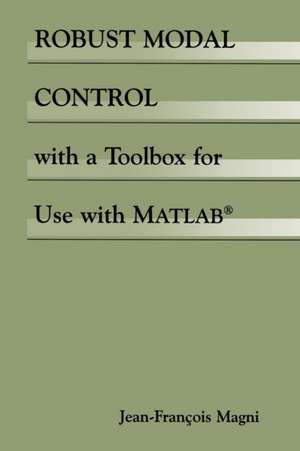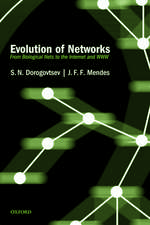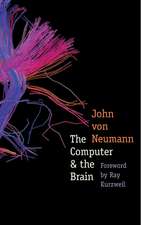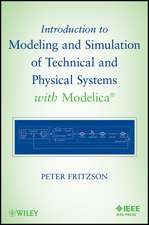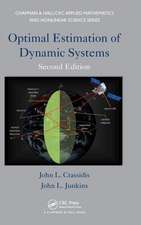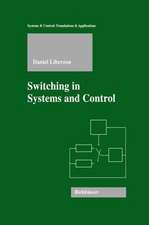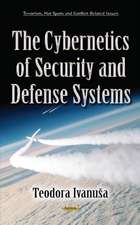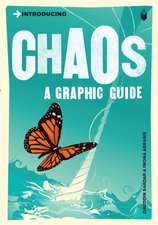Robust Modal Control with a Toolbox for Use with MATLAB®
Autor Jean-François Magnien Limba Engleză Paperback – 21 oct 2012
For more detail, please visit the author's webpage at http://www.cert.fr/dcsd/idco/perso/Magni/booksandtb.html
Preț: 585.73 lei
Preț vechi: 689.09 lei
-15% Nou
Puncte Express: 879
Preț estimativ în valută:
112.08€ • 117.56$ • 93.30£
112.08€ • 117.56$ • 93.30£
Carte tipărită la comandă
Livrare economică 01-15 aprilie
Preluare comenzi: 021 569.72.76
Specificații
ISBN-13: 9781461351702
ISBN-10: 1461351707
Pagini: 332
Ilustrații: XIII, 312 p.
Dimensiuni: 155 x 235 x 17 mm
Greutate: 0.47 kg
Ediția:2002
Editura: Springer Us
Colecția Springer
Locul publicării:New York, NY, United States
ISBN-10: 1461351707
Pagini: 332
Ilustrații: XIII, 312 p.
Dimensiuni: 155 x 235 x 17 mm
Greutate: 0.47 kg
Ediția:2002
Editura: Springer Us
Colecția Springer
Locul publicării:New York, NY, United States
Public țintă
ResearchCuprins
Outline.- 1. Modal Control: A Tutorial.- 1.1 Generalities and guide-lines for choosing eigenstructure to be assigned.- 1.2 Eigenstructure assignment I: Traditional approaches.- 1.3 Eigenstructure assignment II: Multi-model approaches.- 1.4 Eigenstructure assignment III: Feedback gain tuning.- 1.5 Modal analysis of a control law.- 2. Some Control Design Problems.- 2.1 Recommendations and proposed design cycle.- 2.2 Single-model pole placement.- 2.3 Decoupling.- 2.4 Multi-model eigenstructure assignment.- 2.5 Flexible systems control.- 2.6 Structured gain computation.- 3. Toolbox Reference.- 3.1 List of available functions.- 3.2 Help messages.- 4. Appendix 1: Proofs of the Results Stated in the First Chapter.- 4.1 Results relative to eigenvector assignment.- 4.2 First order perturbations.- 4.3 Minimum energy assignment.- 4.4 Pole assignment by output feedback.- 4.5 Non-interactive control design.- 4.6 Dynamic feedforward design.- 4.7 Observers.- 5. Appendix 2: Additional Topics.- 5.1 Models used for demonstrations.- 5.2 Matrices CSTR and CRIT.- 5.3 Installation and system requirements.- Conclusion.- References.- About the Author.
Caracteristici
Emphasizes the efficiancy multi-model control design based on a modal approach Presents new or less common features of modal control Accompanying toolbox contains three groups of functions, two subsets and a MATLAB file; examples for using the toolbox are also included Provides an overview of basic theory for eigenstructure assignment
